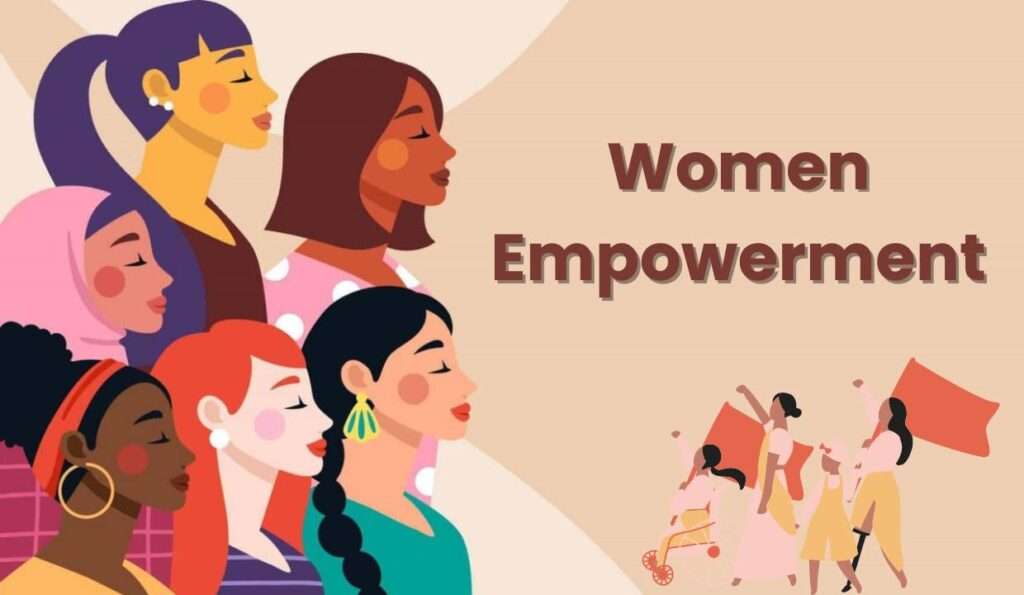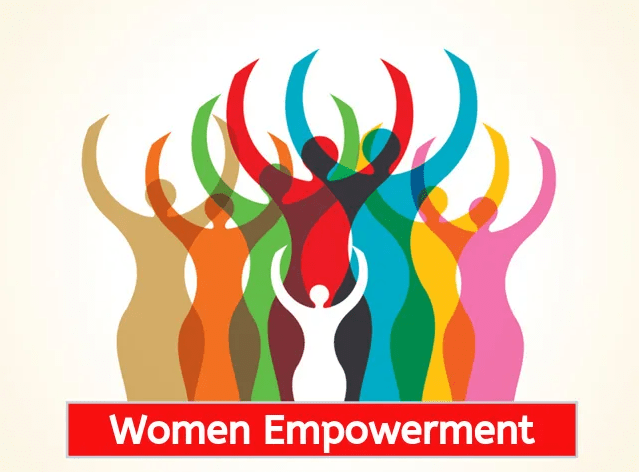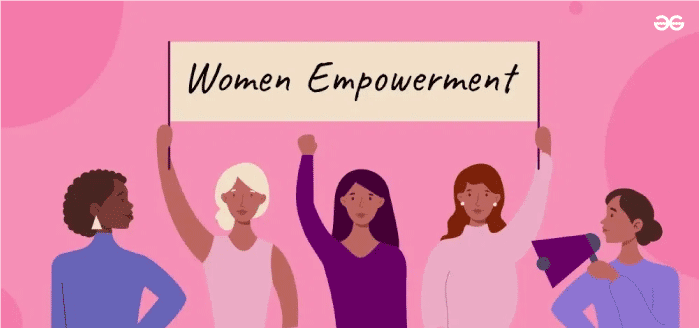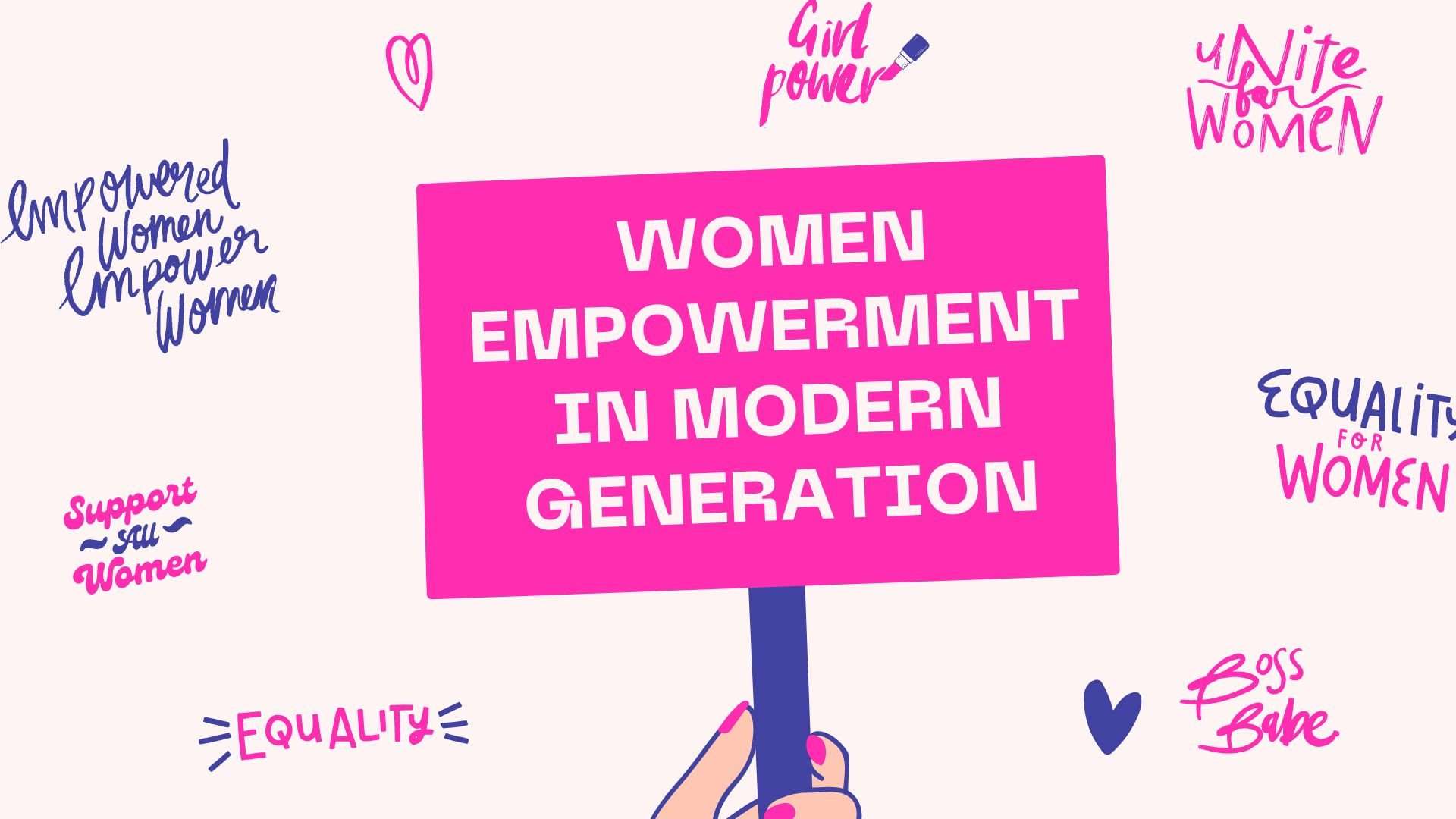Women empowerment is more than a movement—it is a transformative process that uplifts society as a whole. By enabling women to reach their full potential, we create a world that is fair, progressive, and resilient. Women play an integral role in shaping families, communities, and economies, yet they often face barriers that limit their opportunities. Empowering women means breaking down these barriers, ensuring equal access to resources, and fostering environments where women can thrive as leaders, innovators, and change-makers.
The Importance of Women Empowerment
Empowering women is essential for achieving social and economic progress. When women are given equal opportunities, they bring diverse perspectives to leadership, foster inclusive decision-making, and contribute significantly to economic growth. Studies have shown that societies that prioritize gender equality experience higher levels of innovation, education, and overall well-being. Women empowerment is not just a women’s issue; it is a global priority that benefits everyone.
Breaking Barriers to Equality
Despite progress in recent decades, women continue to face challenges such as gender-based violence, unequal pay, limited access to education, and underrepresentation in leadership roles. These barriers often stem from deeply ingrained societal norms and discriminatory practices. Addressing these issues requires a multifaceted approach, including legal reforms, community awareness, and cultural shifts. Governments, organizations, and individuals must work together to create systems that eliminate discrimination and promote equality.
Education as a Catalyst for Empowerment
Education is one of the most powerful tools for empowering women. By ensuring access to quality education, we equip women with the knowledge and skills they need to pursue their dreams and contribute meaningfully to society. Educated women are more likely to secure better jobs, make informed decisions, and advocate for their rights. Efforts to increase enrollment in schools, provide scholarships, and promote STEM education for girls are crucial steps toward achieving gender parity in education.
Economic Empowerment for Women
Economic independence is a cornerstone of women empowerment. When women have control over their financial resources, they gain the ability to make decisions that impact their lives and communities. Supporting women entrepreneurs, providing access to microfinance, and promoting equal pay in the workplace are key strategies for economic empowerment. Additionally, creating supportive work environments that accommodate women’s needs, such as maternity leave and flexible schedules, enables them to balance their professional and personal lives effectively.


Leadership and Representation
True empowerment comes when women are represented in decision-making roles across all sectors. From politics to business to social activism, women’s voices are critical for shaping policies and practices that are inclusive and equitable. Encouraging women to take on leadership roles, providing mentorship opportunities, and challenging stereotypes are vital steps toward achieving gender-balanced leadership. By celebrating women leaders and amplifying their stories, we inspire others to step forward and take charge.
Health and Safety for Women
Ensuring women’s health and safety is fundamental to their empowerment. Access to quality healthcare, reproductive rights, and protection from gender-based violence are essential for women to live with dignity and autonomy. Community initiatives that raise awareness about women’s health issues, as well as legal measures to combat violence and harassment, play a significant role in creating safer spaces for women. Empowered women are those who feel secure in their environments and confident in their ability to seek help when needed.
Changing Mindsets and Promoting Equality
Empowering women requires a cultural shift that challenges traditional gender roles and promotes equality. Education and awareness campaigns can help dismantle stereotypes and encourage more inclusive attitudes toward women in society. Men and boys also play a crucial role in this transformation by becoming allies and advocates for gender equality. Building a culture of respect and mutual support lays the foundation for a more equitable society.
The Ripple Effect of Empowerment
When women are empowered, the positive impact extends far beyond the individual. Empowered women contribute to stronger families, healthier communities, and more stable economies. They inspire others to challenge limitations and pursue their aspirations, creating a ripple effect that transforms society at every level. By investing in women empowerment, we unlock the potential of half the world’s population, driving progress and innovation for all.
A Vision for the Future
The journey toward women empowerment is ongoing, but every step taken brings us closer to a future where gender equality is the norm. It is a future where women have the freedom to dream, achieve, and lead without fear or prejudice. By working together, we can create a world where opportunities are not determined by gender but by talent, ambition, and determination. Empowering women is not just about correcting injustices of the past; it is about building a future where everyone has the chance to thrive.



Conclusion
Women empowerment is a collective responsibility that requires dedication, awareness, and action from all sectors of society. It is about creating an environment where women feel valued, respected, and supported in all aspects of their lives. By breaking down barriers, fostering education, and promoting equality, we can unlock the immense potential that women bring to the table. Empowering women is not just about achieving fairness; it is about driving progress and ensuring a brighter, more inclusive future for generations to come.


